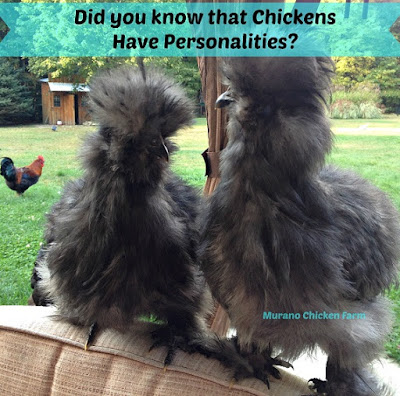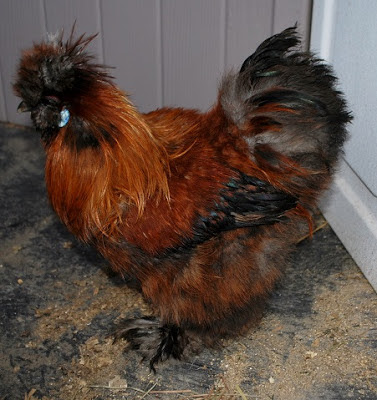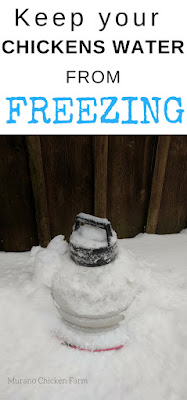They can be trained to a point though. They'll come running when I call them, and they get the general idea behind herding. One sticking point with Guineas though is sleeping in the trees. This isn't a problem in normal weather. Sometimes in the summer every single free ranging Guinea sleeps in the trees! They get an early start to tick eating every morning so I don't mind.
Even in cooler weather it's not really a problem. For warm climate birds they can tolerate some pretty cold temps. They do all tend to sleep inside the coop when it's snowing. The rain doesn't bother them. They will spend the whole day and night in the rain and be no worse for wear. The real problem comes with changing weather patterns.
Here in Western Pa, our weather can be quite irregular. Yesterday it was in the 50s, today its 22! Oh and it rained a bit last night before it got cold enough to snow. See the picture up above? That is what greeted me this morning.
Those are ice coated feathers on the guineas backs. I wasn't home to chase them in at dusk, I was working. It was too warm for them to want to go in themselves, so 6 of them slept in the trees. The weather went from rainy to icy during the night.
Luckily everyone made it through the night and had a warm breakfast and are now huddled in their draft-free coop warming up. Had I been home though, I would have certainly tried my hardest to get them in.
Obviously they're not in any sort of distress about it.





